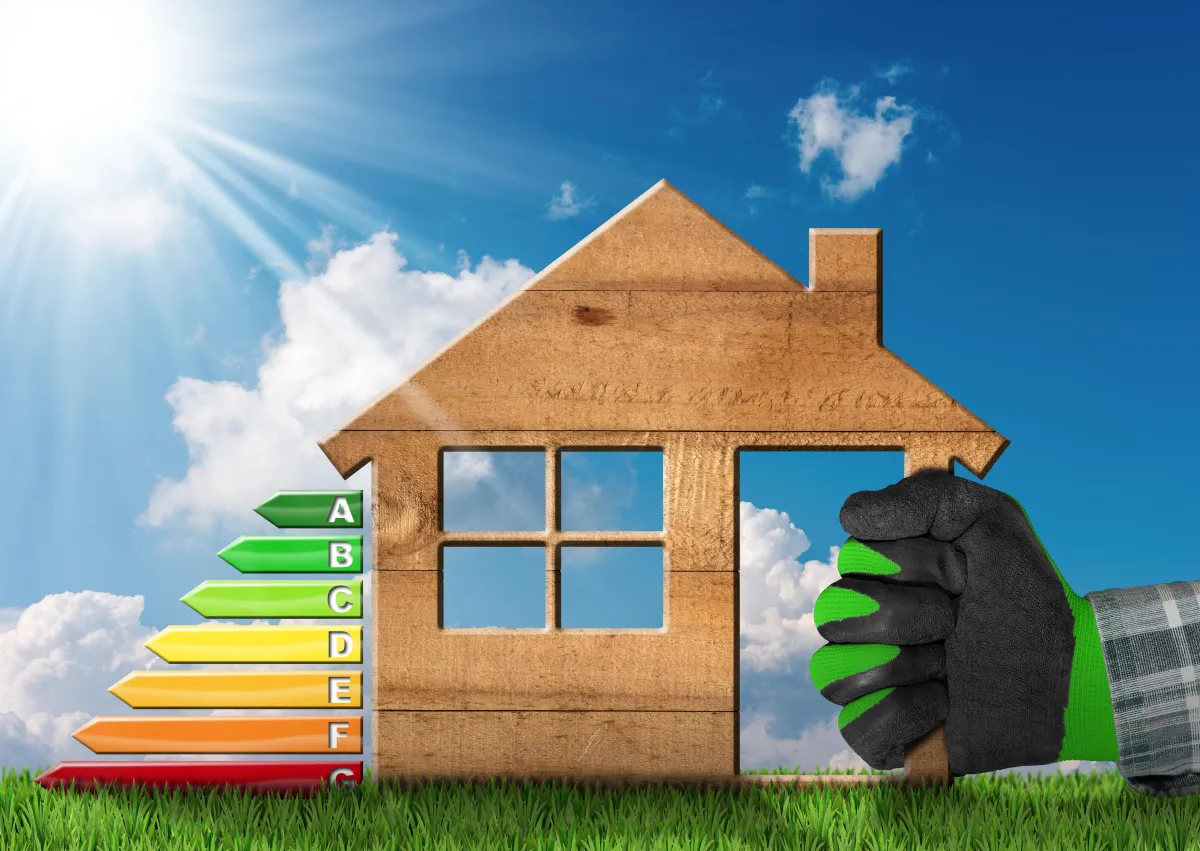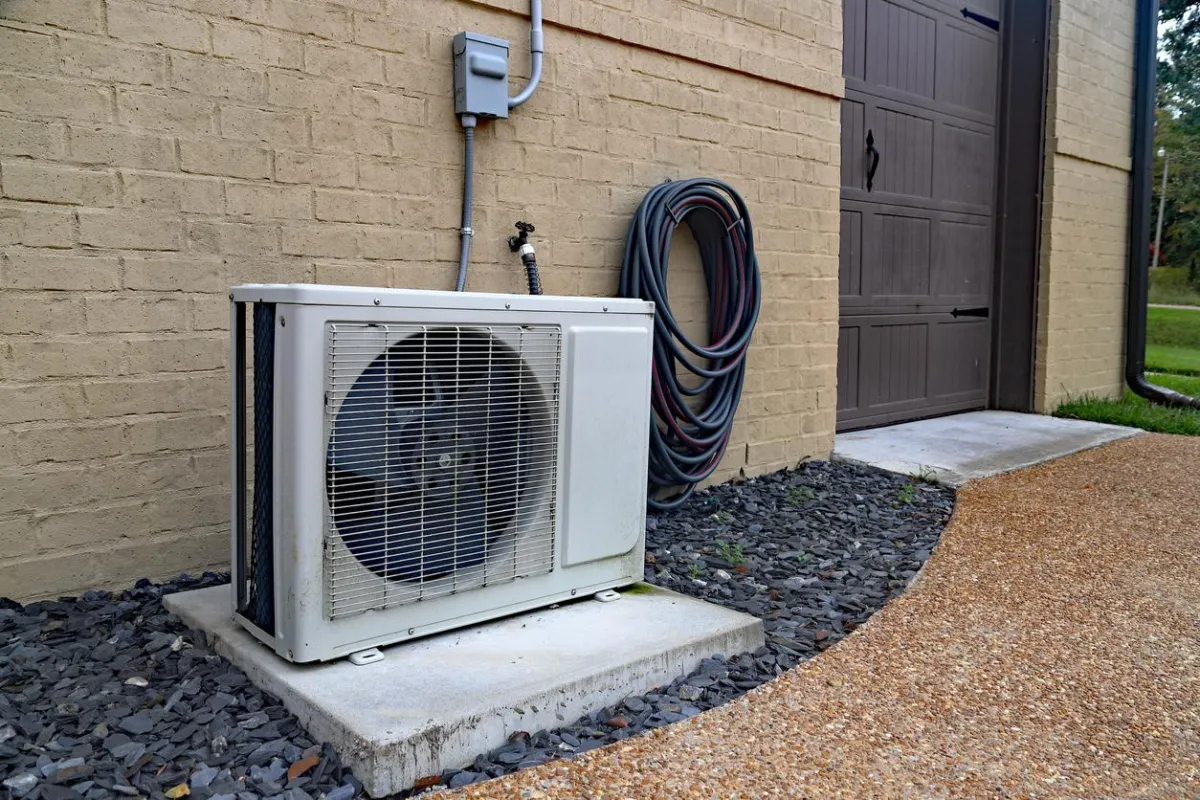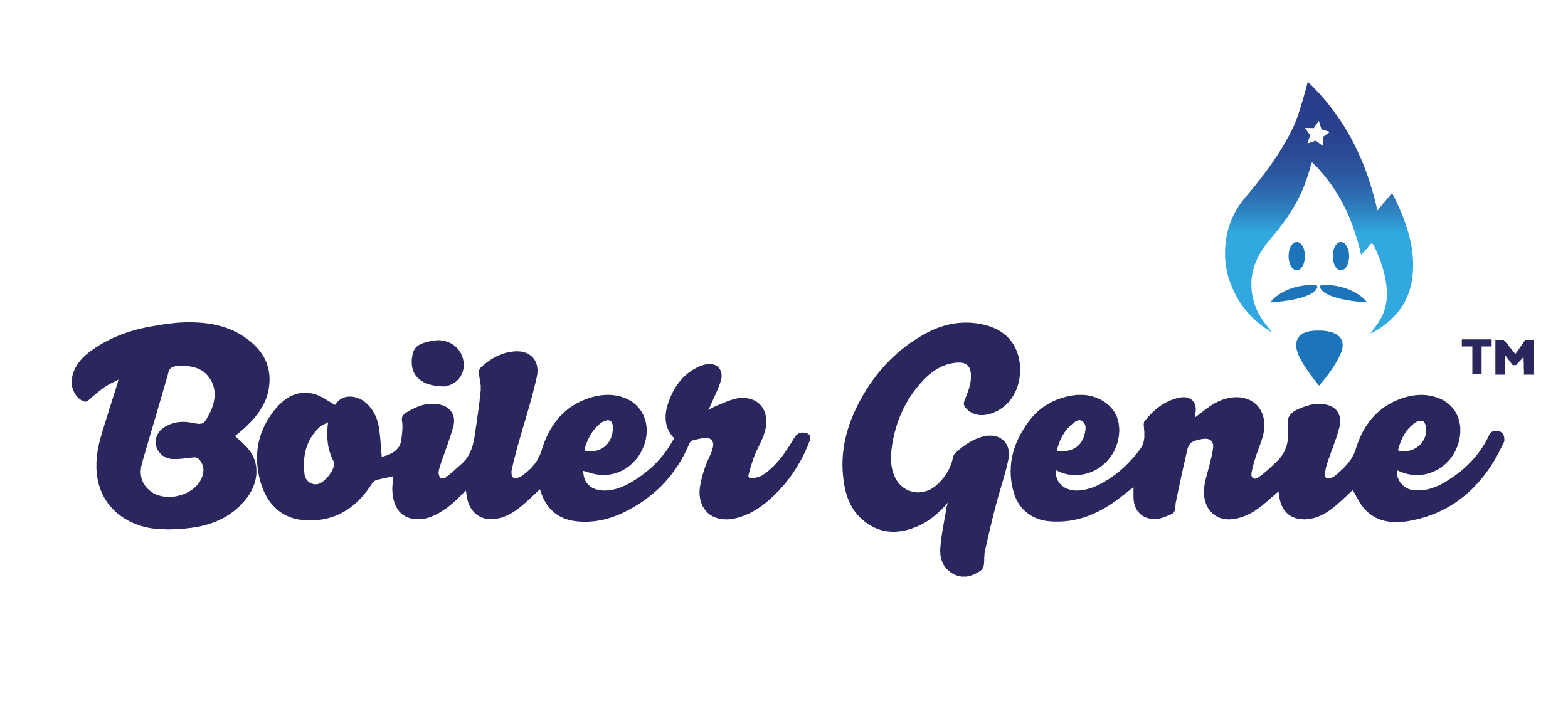Air Source Heat Pumps
Grant funding available for ALL Homeowners in Scotland
Air Source Heat Pumps
Grant funding available from the Government
Efficient and Sustainable Heating for Your Home with Air Source Heat Pumps
Government Eco-4 Grants With Up to 100% Funding and 0% APR over 10 years

Air source heat pumps (ASHPs) can provide up to 3-4 times more heat energy compared to the electricity they consume, making them an energy-efficient heating option.
By using electricity more efficiently to generate heat, ASHPs can lead to lower energy bills, especially when replacing older, less efficient heating systems.
ASHPs can be used for both heating and cooling, providing year-round climate control in your home or business.
ASHPs have an expected lifespan of around 15-20 years, providing a long-term, reliable heating solution.
ASHP's typically require three times less energy than a gas boiler to supply the same amount of heat.
Energy-efficient and eco-friendly technologies like ASHPs can potentially increase a property's value and marketability.
Air Source Heat Pump Benefits

Energy efficiency: Air source heat pumps (ASHPs) have a high Coefficient of Performance (COP), using less electricity to produce more heat, making them an energy-efficient heating solution
Cost savings: Lower energy consumption leads to reduced energy bills, especially when replacing older, less efficient heating systems.
Long lifespan: Air source heat pumps have an average lifespan of 15-20 years, making them a durable and reliable heating solution.
Frequently Asked Questions
Can I use my existing radiators with an air source heat pump?
Whether or not air source heat pumps can be used with existing radiators depends on various factors, such as the size of the radiators. As heat pumps emit heat at a lower temperature than boilers, larger radiators are more suitable if you want to achieve the same level of heat output.

How hot do radiators get with a heat pump?
Compared to boilers which emit heat at 60°C-75°C, heat pumps release heat at a lower temperature of 35°C-55°C. This results in a reduced risk of getting burnt by radiators when using a heat pump.

Are air source heat pumps eligible for government incentives or grants?
In short, yes. Air source heat pumps are eligible for government incentives such as the Renewable Heat Incentive (RHI) and Eco-4 grants, which can help/fund the the cost of installation.

Can an air source heat pump heat the whole house?
Indeed, heat pumps are capable of heating an entire house. Typically serving as a substitute for gas boilers, heat pumps can offer a similar level of heating output but at a fraction of the traditional costs.










